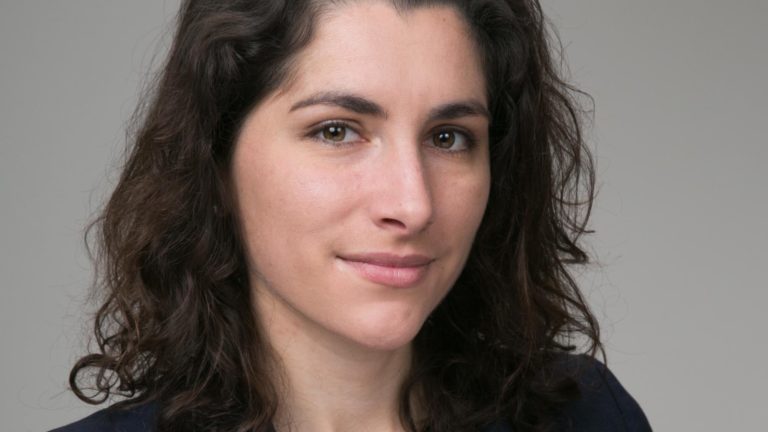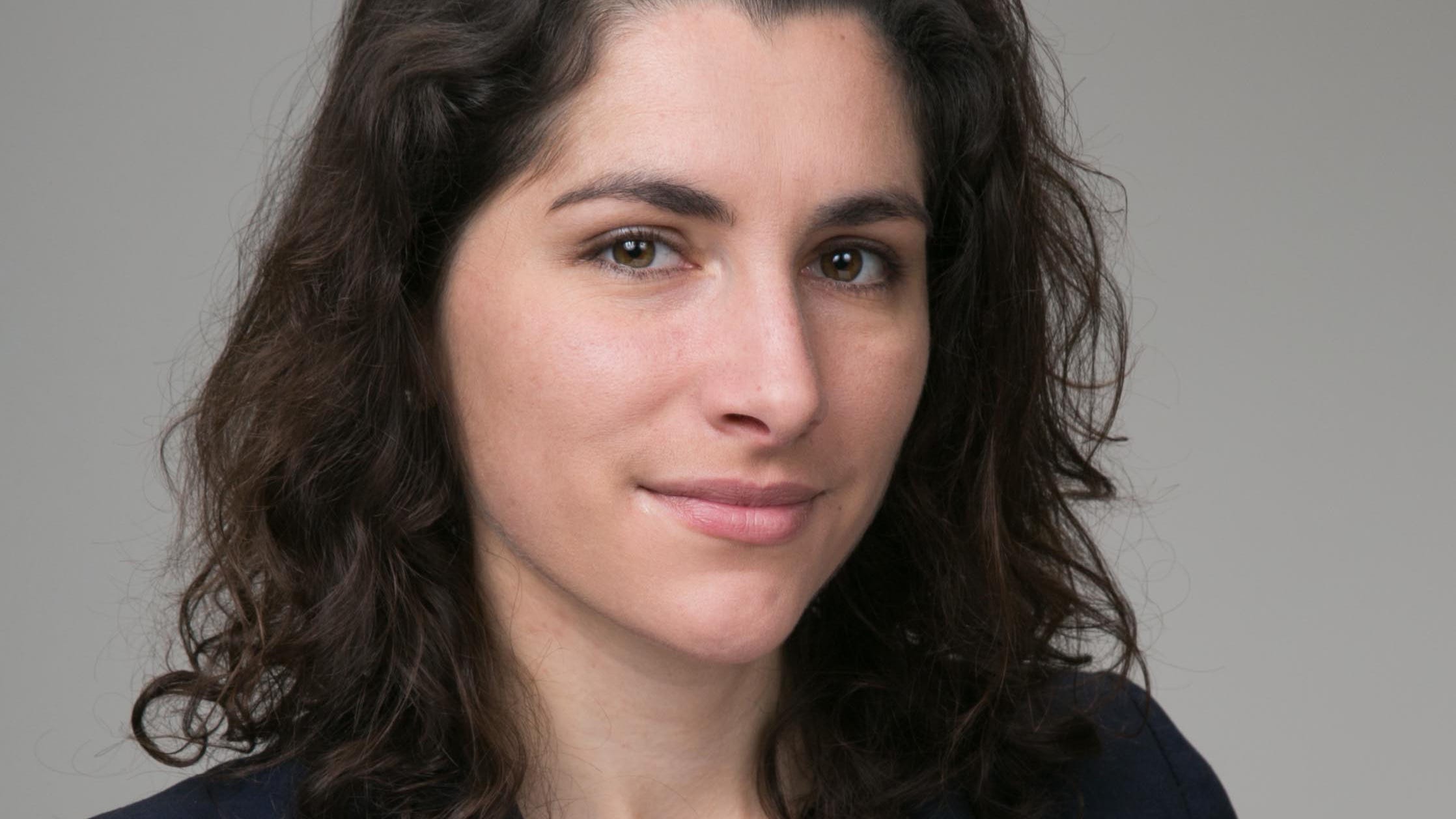

A veteran with a fever and hacking cough that suggest a possible coronavirus infection tries to make a doctor’s appointment, only to be turned away by a receptionist who personally decides the would-be patient can’t see a physician.
A former service member and sexual assault survivor at risk of suicide is denied access to mental health services by a bureaucratic gatekeeper stationed at the therapist’s front desk.
These are two of thousands of examples of veterans seeking the Veterans Affairs health care they’re legally entitled to — and being wrongly refused it. This is due to a pervasive misunderstanding, and misapplication, of the rules regarding other-than-honorable discharges.
Among veterans this refusal is based on what is known as having “bad paper.” The “bad paper” designation can be based on minor misconduct, such as being late to morning formation, showing disrespect to a superior or one-time drug use.
Being turned away is an institutional shortcoming that can be easily remedied — not by an act of Congress, or time-consuming changes to federal rules, but instead through administrative corrective steps that can be taken at the Department of Veterans Affairs.
An estimated 400,000 former service members are at risk of wrongly being denied VA health care and other benefits, according to a 2020 study by OutVets, a group of LGBTQ+ military veterans. It showed that gay and lesbian veterans and victims of military sexual assault are disproportionately at risk. So are veterans who served in the Navy or Marines, the wars in Iraq and Afghanistan, and those with post-traumatic stress disorder.
Once burdened with “bad paper,” such veterans are more likely to be homeless and suffer mental health problems, and are at greater risk of suicide.
Here’s how the denial of care happens. Veterans who receive other-than-honorable discharges — a designation applied to roughly 7% of them since 1980 — can still qualify for VA health care and are legally entitled to individualized eligibility reviews and written notification of the determination.
Though that group includes some with bad conduct and dishonorable discharges, which can involve the commission of serious crimes while in uniform, more than 80% of them bear the burden of an administrative determination made without full due process.
The majority of “bad paper” veterans includes many of the estimated 100,000 LGBTQ service members discharged for purported misconduct between the end of World War II and the 2011 official repeal of the “don’t ask, don’t tell” policy that banned gay people from openly serving in the military.
Though there should be consequences for military misconduct, they shouldn’t include an across-the-board denial of health care — especially if a person has a service-related disability, is experiencing homelessness or dealing with the effects of military sexual trauma or PTSD.
Yet the OutVets study found that VA gatekeepers in more than a dozen states — including California, Florida, Missouri, New York, Pennsylvania and Texas — incorrectly told “bad paper” veterans they were ineligible for benefits.
In one case, a Vietnam veteran endured untreated PTSD for more than 50 years after he was wrongly told he didn’t qualify for VA health care. The situation was rectified only after a pro bono lawyer intervened. Just as no one should need a lawyer to apply for a driver’s license, or enroll a child in public school, a veteran shouldn’t need an advocate solely to access VA health care for which they qualify.
A new report released recently by Legal Services Corp.’s Veterans Task Force further documents the lingering stain of “bad paper” on veterans. The report notes that, often because of service-related mental health conditions and other hardships, these veterans are often in greater need of supportive services. Yet their “bad paper” status prevents them from receiving the vital assistance they need to recover and reintegrate into civilian society.
In response to the OutVets report, VA officials described an “updated enrollment system” that would better identify and track those with other-than-honorable discharges. Such promises aren’t enough.
The VA must also work to overhaul the training, guidance and oversight of its staff and improve how it communicates with veterans. Its outreach to those who have been unlawfully refused care should include social media campaigns and easy-to-understand letters that outline who is eligible to receive care.
Congress and the military have started to take notice of the need for reform. In April, a federal court in Connecticut approved a class-action lawsuit settlement requiring the Army to reconsider thousands of less-than-honorable discharges issued over the last 20 years after failing to properly account for whether mental health conditions played a factor in those discharges. A similar class-action suit on behalf of Navy and Marine Corps veterans is pending.
Military service members dedicate their lives to defending our country. Once they return home, they shouldn’t have to fight for access to justice and basic benefits earned from their selfless service.
Dana Montalto is a clinical instructor at Harvard Law School’s Veterans Legal Clinic, which published the OutVets report “Turned Away” with Veterans Legal Services.